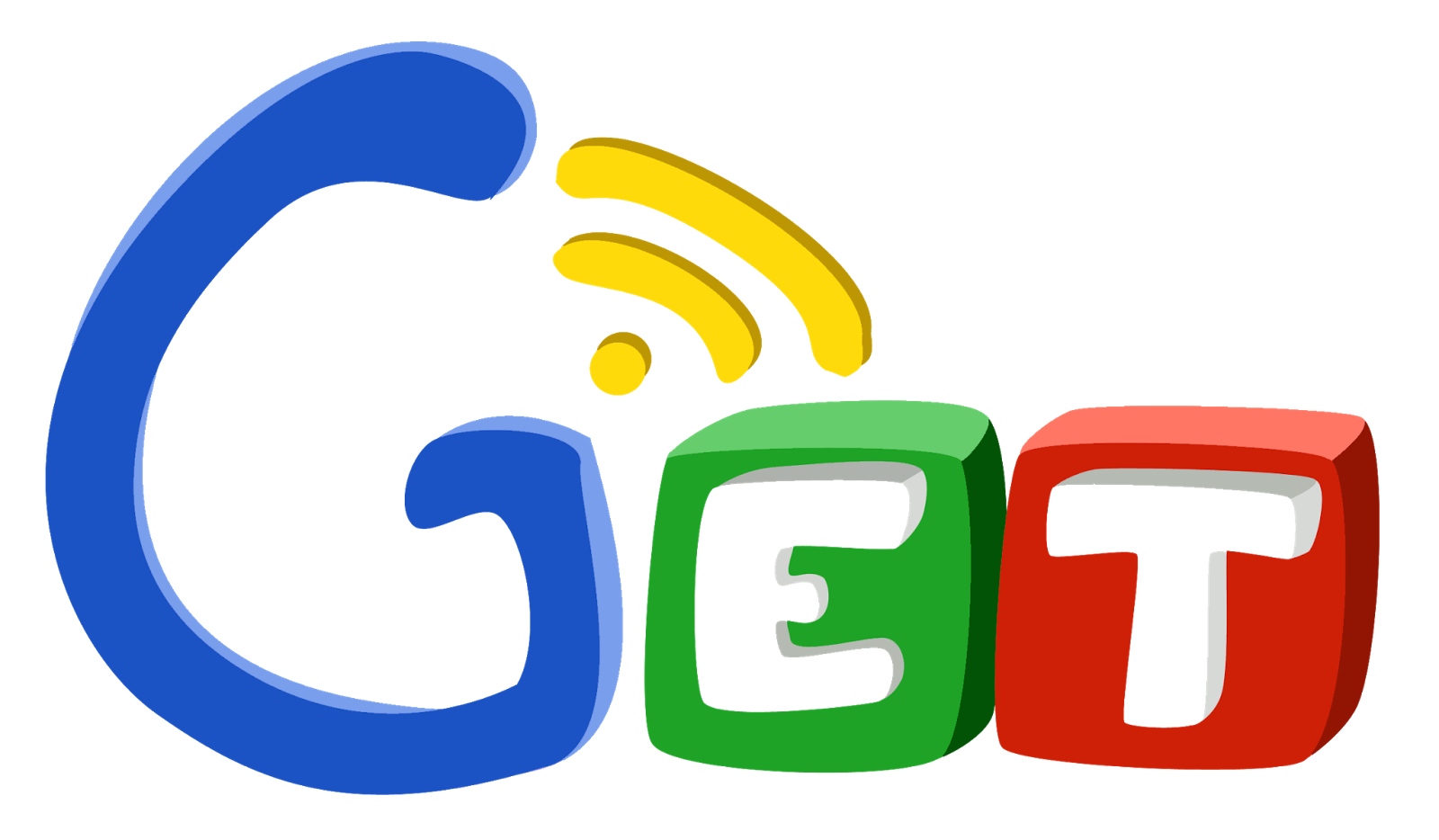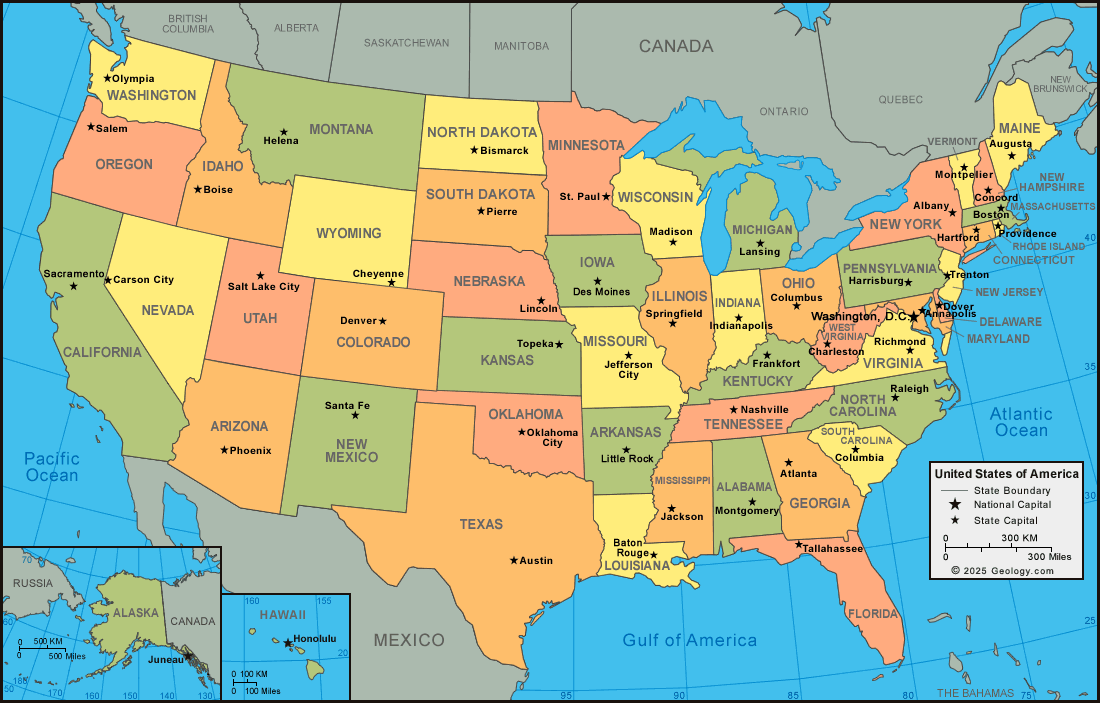Unlocking Opportunities: Exploring Career Paths and Next Steps with a Bachelor of Science Degree
Introduction: The Power of a Bachelor of Science Degree
A Bachelor of Science (BS) degree is a versatile credential that opens doors to a wide array of professional opportunities. Whether you’re just starting your career, seeking a change, or aiming to advance, a BS provides the foundational knowledge and practical skills sought after in today’s job market. This article offers an in-depth look at the various directions you can take with a BS degree, actionable steps to get started, and guidance on maximizing your educational investment.
Exploring Career Options with a Bachelor of Science
Graduates with a Bachelor of Science degree can pursue careers across numerous industries, including business, research, technology, healthcare, and environmental science. The specific opportunities available to you will depend on your chosen major, interests, and additional training or certifications you may pursue.
Business and Technology
Many employers in business and technology fields seek candidates with strong analytical, quantitative, and problem-solving skills-traits commonly developed through a BS program. Roles in data analysis, project management, software development, and technical sales are accessible to graduates from mathematics, computer science, and engineering programs. For example, software developers and data analysts are in high demand due to the rapid growth of the tech sector. To get started in these fields, you can:
- Research job openings on major employment platforms such as Indeed or LinkedIn
- Network with professionals through industry events or alumni associations
- Consider internships or entry-level positions to build practical experience
For up-to-date career information and salary data, you can search the U.S. Bureau of Labor Statistics Occupational Outlook Handbook for your desired job title.
Healthcare and Biological Sciences
With a BS in biology, chemistry, or related sciences, you may qualify for roles such as laboratory technician, pharmaceutical sales representative, or research assistant. Many healthcare careers, including physician, dentist, pharmacist, and nurse practitioner, require additional graduate-level education. However, your BS provides the essential foundation for these advanced studies. According to career data, median salaries for physicians and dentists in the U.S. exceed $200,000 per year, while pharmacists, nurse practitioners, and physician assistants also command high earning potential [2] .
To pursue a healthcare career:
- Identify required advanced degrees and standardized tests (such as the MCAT for medical school)
- Gain experience through volunteering or shadowing professionals in your field of interest
- Research accredited graduate programs using the official websites of organizations like the Association of American Medical Colleges or the American Dental Association
Environmental Science and Conservation
A BS degree is valuable for roles such as environmental scientist, conservation officer, or geoscientist. These professionals monitor environmental impact, develop solutions for sustainability, and may work for government agencies, nonprofit organizations, or private industry. For example, environmental scientists often collect and analyze data to address pollution or resource management issues. To enter this field:

Source: luzenelhorizonteymas.blogspot.com
- Search for entry-level positions through government agencies such as the Environmental Protection Agency (EPA) or local environmental departments
- Consider pursuing additional certifications in geographic information systems (GIS) or environmental policy
- Participate in internships or field research projects while in school
Some positions may require a master’s degree for advancement, so review job descriptions carefully to determine the educational requirements for your desired role [4] .
Education and Communication
Graduates with a BS can also pursue careers in education, science communication, or technical writing. Teaching positions in public schools typically require a teaching credential, which may be obtained through post-baccalaureate programs or alternative certification routes. Science communicators and writers translate complex scientific concepts for general audiences, working in media, publishing, or corporate communications.
To explore these paths:
- Contact your state’s Department of Education for requirements on teaching credentials
- Look for entry-level roles in educational nonprofits or content development companies
- Build a portfolio of writing samples or lesson plans to demonstrate your skills
Advancing Your Career or Changing Direction
Your Bachelor of Science degree is not only a ticket to your first job; it can also help you advance or pivot into a new field. Many professionals return to school for specialized certificates or graduate degrees to unlock advanced roles or higher earning potential. For example, a BS in a scientific field can serve as a stepping stone to a master’s or doctoral program in a specialized area [1] .
To advance or transition:
- Identify skills gaps and seek relevant continuing education through accredited universities or professional associations
- Network with professionals in your target industry via LinkedIn or local meetups
- Leverage your transferable skills, such as analytical thinking or project management, when applying for roles in new industries
Consider speaking with a career counselor at your alma mater or local workforce development center for personalized guidance.
Entrepreneurship and Alternative Paths
Science graduates are increasingly pursuing entrepreneurship, starting businesses in technology, consulting, or scientific services. Your BS degree equips you with research skills, technical expertise, and the ability to solve complex problems-assets for launching a startup. If entrepreneurship interests you, consider the following steps:
- Develop your business idea and create a simple business plan
- Seek out local small business development centers (SBDCs) for free counseling and workshops
- Network with other entrepreneurs through local business associations or online platforms
- Review resources provided by the U.S. Small Business Administration (SBA) for guidance on business formation and financing
Keep in mind that entrepreneurship involves risk, but it can offer independence and the opportunity to innovate within your area of expertise.
Further Education and Lifelong Learning
Many BS graduates opt for graduate school or professional certificates to deepen their knowledge or gain specialized skills. Options include master’s degrees in science, business administration (MBA), public health (MPH), or education (M.Ed.), as well as technical certifications in areas like data analytics or laboratory management. Advanced degrees may increase your earning potential and open doors to leadership roles [1] .
To pursue further education:
- Research accredited graduate programs through official university websites
- Prepare for any required entrance exams (e.g., GRE, GMAT)
- Apply for financial aid by visiting the official Federal Student Aid website or contacting your school’s financial aid office
Practical Tips for Maximizing Your Degree
To make the most of your Bachelor of Science degree, consider the following strategies:
- Engage in experiential learning, such as internships, research projects, or volunteer work, to build practical skills and professional connections [3]
- Stay current with industry trends by joining professional organizations and reading trade publications
- Develop soft skills, including communication, teamwork, and adaptability, to enhance your employability in any field
How to Access Career Resources and Support
As you chart your path, take advantage of resources available through your university’s career services office or alumni network. Many schools offer job boards, resume workshops, and career fairs. You can also:
- Use reputable job search websites like Indeed, LinkedIn, and Glassdoor for current openings
- Contact your local workforce development board for job placement assistance and training programs
- Reach out to professional associations in your field for mentoring and networking opportunities
If you are interested in a specific profession, consider conducting informational interviews with professionals to gain firsthand insights into daily responsibilities and career progression. This can help you make informed decisions and tailor your job applications effectively.
Conclusion: Charting a Fulfilling Career with Your Bachelor of Science
A Bachelor of Science degree is a strong foundation for a meaningful and adaptable career. With a BS, you can enter a variety of fields, pursue advanced education, or even start your own business. By actively seeking out opportunities, building your skills, and leveraging available resources, you can create a rewarding professional journey tailored to your strengths and interests.
References
MORE FROM weirdsearch.com













